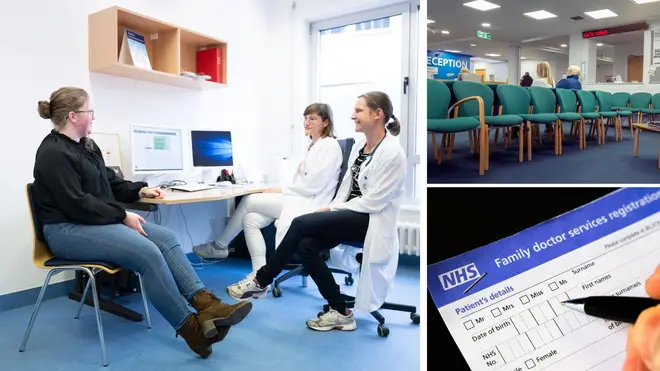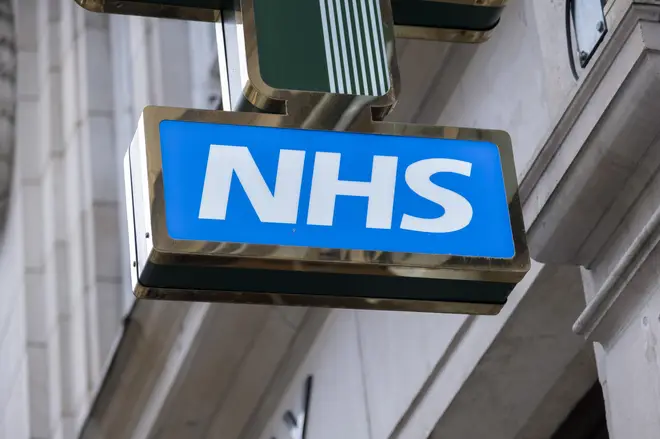
Shelagh Fogarty 1pm - 4pm
21 April 2023, 17:11

A change to GP appointments next month means doctors must offer an "appropriate response" to patients the first time they get in touch.
From next month GP practices that are unable to offer immediate appointments to patients must either provide an on-the-spot assessment, or redirect them to an "appropriate medical service".
The move was introduced by NHS England, with the aim of helping more people get appointments, to "ensure consistency in the access patients can expect".
Under the move, doctors must provide a response to patients the first time they get in touch, which could be by "communicating with the patient" or referring them to NHS 111 or another relevant health service.
The regulation also states they can "where appropriate, take into account the preferences of the patient".
However, the move has sparked concern amongst health leaders, as it has elicited fears it will push more NHS staff out of the industry – ultimately making access to care even more difficult.
Read more: Oliver Dowden made new deputy prime minister and Alex Chalk appointed justice secretary
Dr Kieran Sharrock, the acting chairman of the general practitioners committee England, said the move is an example of of ministers "eking out" more from GP practices without providing the necessary resources required to carry such moves out.
He said: "Without investment to do more, practices have to free up resources from elsewhere.
"This hasn’t been properly considered. Ramping up GP workload, and without the support needed, will lead to more GPs leaving the profession.
"Ultimately, it’s our patients who suffer most, and this means more of them will be left waiting longer for the care they desperately need."

Read more: Key findings from the Dominic Raab bullying report
The move follows a wave of industrial action from junior doctors over the last two months, which resulted in the suspension of thousands of GP appointments.
British Medical Association said of the move: "With GPs numbers decreasing, consultation numbers higher than ever, and general practice being under-resourced, we think this government-imposed contract will push GPs and practices to the brink of their existence, within the NHS. For this and other reasons GPCE rejected the contract changes.'
Between 2016 and 2022, the number of people on patient lists jumped from 58 million to 62 million, meanwhile family doctors number dropped by nearly 3,000.
A number of MPs have spoken out about this crisis, including Lib Dem's Daisy Cooper and Labour's West Streeting, who have highlighted the struggle for patients to get a routine appointment.
Ms Cooper said: “Communities across the country are seeing ever falling numbers of GPs treating ever growing numbers of patients, in a stark postcode lottery.”
The new regulation will be effective from May 15 onwards.